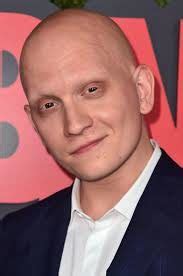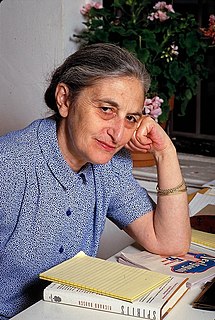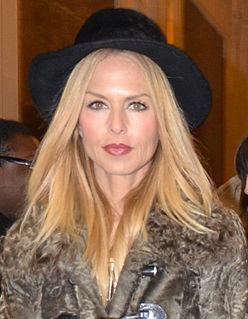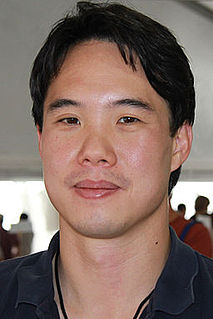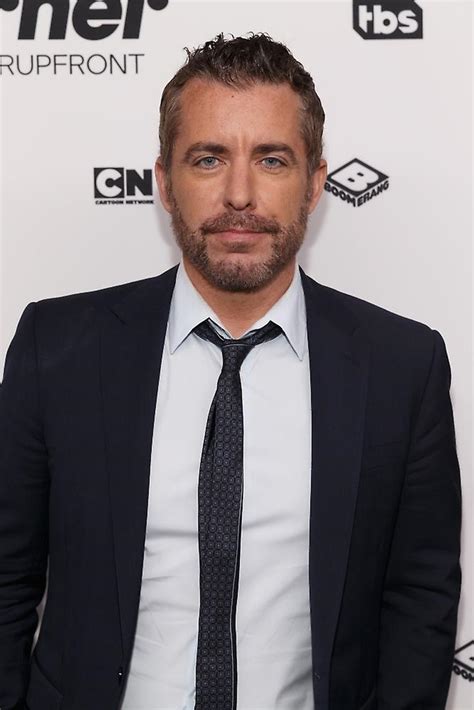A Quote by Pete Docter
So we can sit with Lee Unkrich and Andrew Stanton, and all the other folks and experience what the film is going to be like. And then we go away into a room, and we talk about what worked and what didn't. And then we take all of those findings and we do that whole process again.
Related Quotes
Performance is made in the editing room, and I've come to see the truth in that - the idea that they say performances are usually made in the editing room because what you film is the raw material. I think just going through the process of saying, "Which take do we use? Why is that the take we want? I want that take can you edit again, I'm not sure that's the one, I think it's this one." And just because you go through that process, I think somehow it's made me sort of more open about the [actor's] possibilities.
Normally my process is to sit in a room and read a script and talk about it and ask questions and just create a dialogue. That goes all the way through shooting. All kinds of thoughts and ideas can find their way in there. As long as you're all on - We're just all trying to tell the story so my job as a director is just to find out what this film wants to be based on, it's just words on a page at some point but then it just needs to go to some level of believable storytelling. I'm discovering the film as I make it, to some degree.
Film, for me, is in two stages. One is when I write the script more or less on my own - that's the nice bit. And then comes for me the unpleasant bit when they all go off, 100 people - actors and camera people and film and sound - and I stay away. When they go into the editing room, I come in again, and that's the bit I like.
The film is made in the editing room. The shooting of the film is about shopping, almost. It's like going to get all the ingredients together, and you've got to make sure before you leave the store that you got all the ingredients. And then you take those ingredients and you can make a good cake - or not.
Packing is basically: If you're going on a weekend, then just take what you're really going to wear. And how many times are you going to leave the room? If that makes any sense. Like if you're going to sleep, read, and sit by a fire - chunky knit sweaters, leggings, comfortable boots. But if you're going on like a party weekend, then bring your favorite pieces and make sure you'll wear them.
I had forgotten: this is what it feels like to live in time. The lurching forward, the sensation of falling of a cliff into darkness, and then landing abruptly, surprised, confused, and then starting the whole process again in the next moment, doing that over and over again, falling into each instant of time and then climbing back up only to repeat the process.
I guess I just process death differently than some folks. Realizing you're not going to see that person again is always the most difficult part about it. But that feeling settles, and then you are glad you had that person in your life, and then the happiness and the sadness get all swirled up inside you.
When I read the script [of Good Kill], it read like a science fiction film. And Andrew [writer/director Andrew Niccol] is known for sci-fi. But when I spoke to him, he said this picture was 100% factual, which blew my mind. I realized then how little I knew about the drone program. And I felt that, if I knew so little about it, there must be others who should be educated about what's going on.
I didn't know why I was coming to this room. Someone just told me to go to Sam Raimi's office. I knew that I uniquely had the comics version of his job, which was to take Spider-Man and put him into the modern day. But I thought, "Maybe he wants to tell me to cut it out." So I come in, it's in his office, and then Stan Lee comes in, and I'd only ever met Stan as a fan, not as a professional. And then they sit us down on a couch, and roll in an AV cart with a TV on it and go, "We're going to show you the first cut of Spider-Man."
People go to Vegas, and they don't know what to do; here's what you do. You go to the casino in your hotel. On your arrival, you get $100 in quarters. Take that $100 back to your hotel room and stare at it for a long, long time. Why? Because you're never going to see them again. Then you take those quarters to the bathroom and you flush them, one by one by one. And the nice thing about that is that every so often the toilet will back up, and you'll feel like a WINNER!




